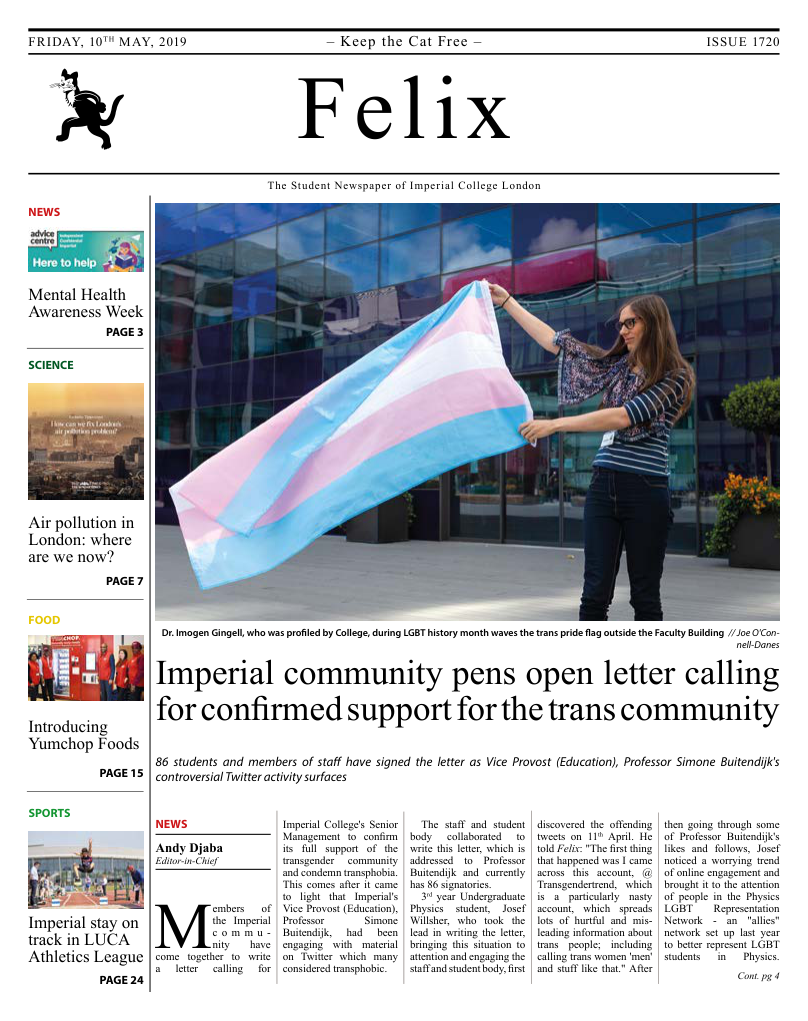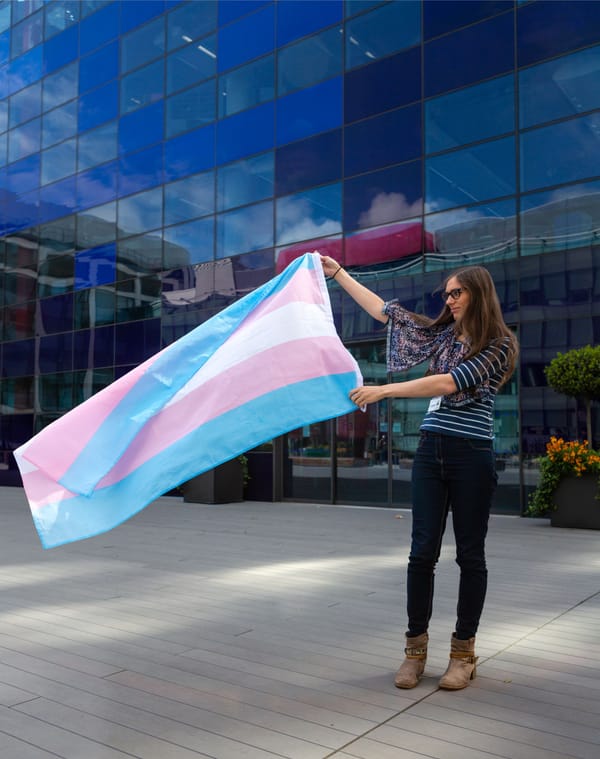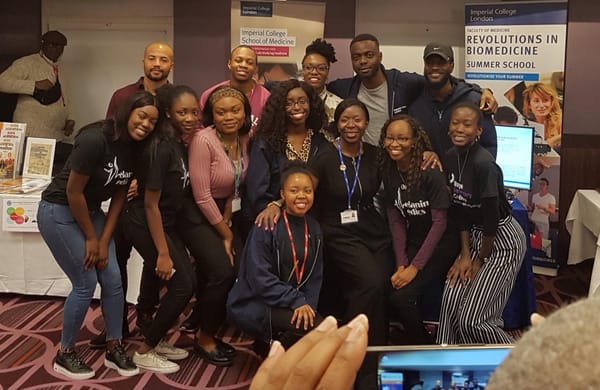Everything you need to know about The Great Exhibition Road Festival 2019
Felix sat down with Head of Public Engagement, Vicky Brightman, to get the scoop on The Great Exhibition Road Festival 2019

This year, staff and students at Imperial College will see big changes to the annual Imperial Festival. With the 200-year anniversary of the births of Queen Victoria and Prince Albert fast approaching, this year the festival will be a collaborative effort for the first time. 19 other cultural institutions in the area, all of which are members of the Exhibiton Road Cultural Group, have come together with Imperial to bring The Great Exhibition Road Festival 2019.
"We're very lucky on this campus to have such a unique position where there's the world's leading museums on the road", said Vicky Brightman, speaking to Felix. In her position as Head of Public Engagement, Vicky looks after the festival and is particularly concerned with areas around how Imperial can engage the wider society with its research and also how Imperial can enable its staff and students to do more and better public engagement. Explaining the idea behind the festival, Vicky said, "let's have a think about how we can work collaboratively to raise the profile of the area to lots of new audiences because it is a really special area - the home of arts and sciences in the UK really, especially London."
The festival, which is planned for 28th - 30th June and will see vehicular access to Exhibition Road blocked due to it being closed off, is partly inspired by The Great Exhibition of 1851. Prince Albert championed this and wanted to have an exhibition to show the world how advanced we were. Six million people, an astonishing number at the time, visited this first exhibition and the profits are still administered by The Royal Commission for the Great Exhibition of 1851, one of the partners for this year's festival. "200 years on, we thought it was a great opportunity to celebrate that vision Albert had", Vicky added. That vision being, if we were to fuse the arts and sciences and collaborated, everything would be a lot better and richer for it. At a time when people were still thinking that there was a rift between arts and science, Prince Albert was quite the visionary and his desire to see the profits of the exhibition used to fund this area ('Albertopolis') is why many of the partnered institutions are here today. Vicky told Felix: "What was really important to everybody was showing what the richness of collaboration can bring".

The festival is also about attracting new audiences. Imperial, along with many of the partnered museums, is aware that sometimes it is "preaching to the converted" - i.e. people that already love science or the arts. Vicky addressed this, saying: "We want to keep those people coming because they might study and work in the area as well and that's really important but, actually, there's loads of local communities that don't see this as the place for them. One of the other main aims of the festival was to work a bit harder on community engagement. We're particularly trying to engage people in North Kensington." As a result, there are five or six community engagement projects taking place before the festival that will have an output at the festival which can be celebrated much more widely.
As well as working hard on community engagement, all the partners are really excited about engaging eachother's audiences. Commenting on this, Vicky added: "The people who come to our Imperial Festival aren't the same as those that go to the V&A [Victoria & Albert Museum]. We want to engage a really wide variety of people with our research and involve them in it so working in partnership gives us access to lots more people that perhaps wouldn't come to the Imperial Festival and we'd never reach".
Of course, the logistics of collaborating with 19 cultural partners imposes some contraints on flexibility and has resulted in a date change to Imperial Festival, which typically takes place in April/ May, as reported in last week's issue of Felix. Vicky revealed: "Finding a date that everybody would be happy with was a very challenging aspect. The date certainly wasn't perfect for us." With that being said, College has done a commendable job at ensuring the number of students affected is quite low. In response to students that are concerned or confused about the changes, particularly those that have to move out of student halls early, compared to previous years, Vicky said: "I'd ask them to look at the FAQs as a first point-of-call. All the Hall wardens have been informed and they know what to do if somebody comes to them so tell someone, whether it's your lecturer or a Hall warden. The Student Hub and various Campus Services teams have been amazing. Our students are so important for the festival."
The importance of the student body to the smooth running of the festival can't be stressed enough, with at least 200 staff and student volunteers each year. There are 140 research teams taking part in the festival, therefore postgraduate students are especially crucial. "Those research teams are always a mixture of staff and student; they deliver so much of the content."
Vicky noted: "There aren't many opportunities where everybody comes together and feels like they're all part of the same institution and the same team". However, this close collaboration between staff and students at the festival engenders a sense of community seldom offered at Imperial.








